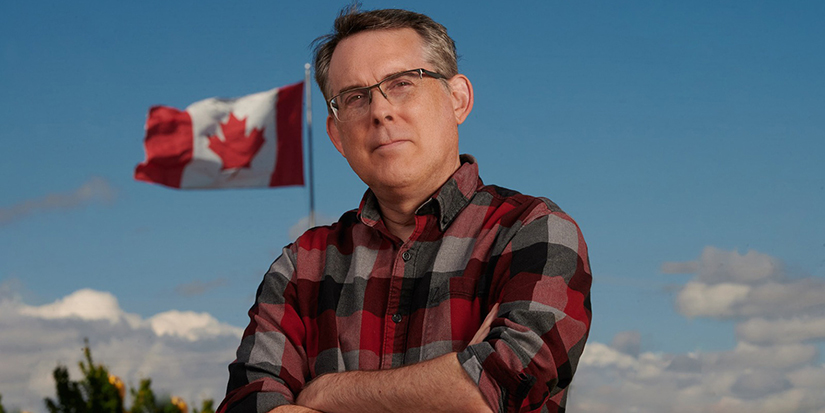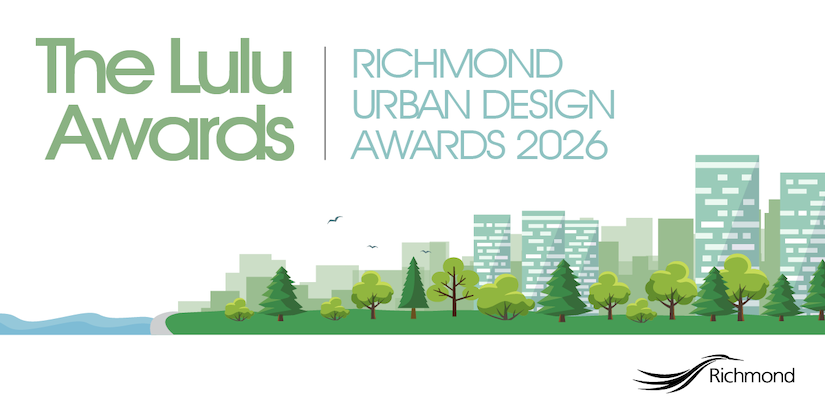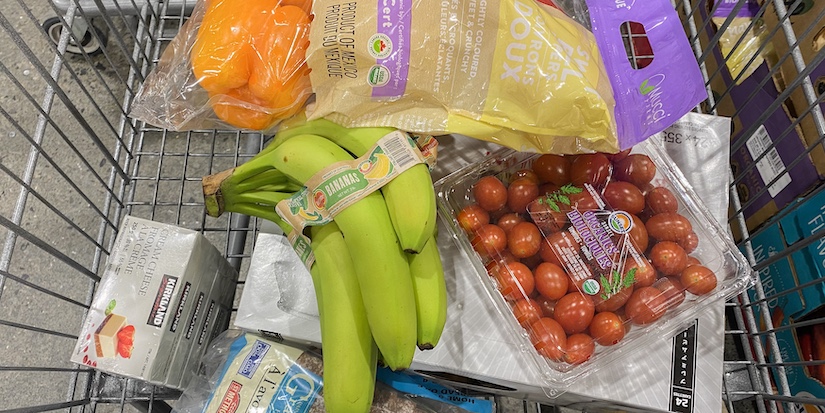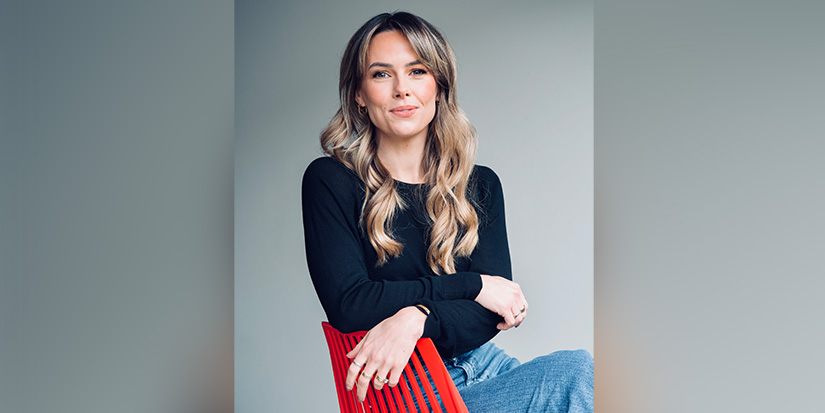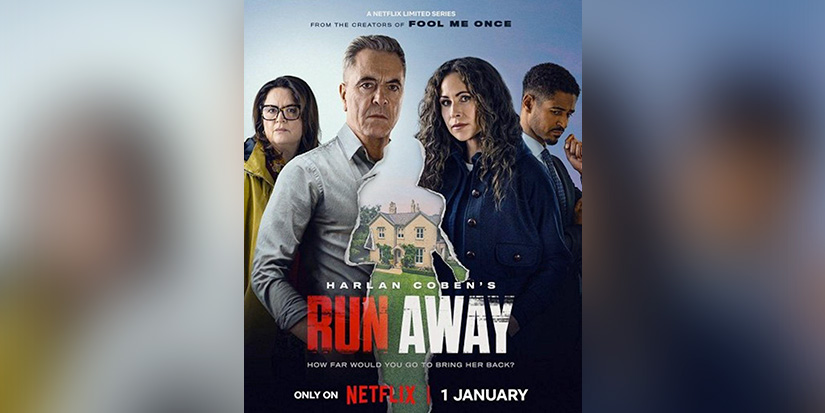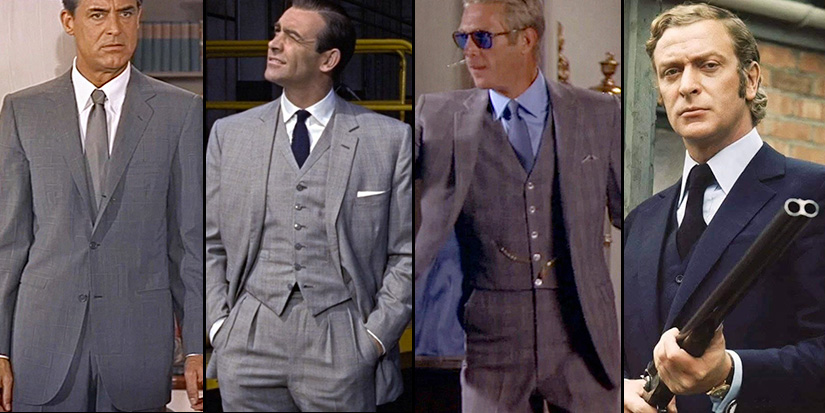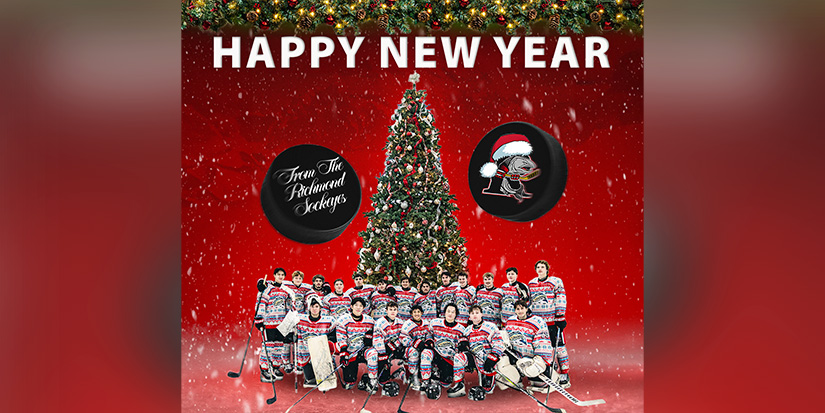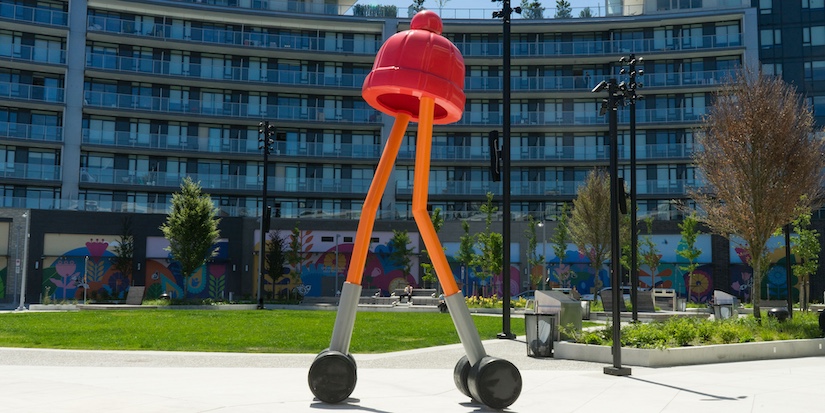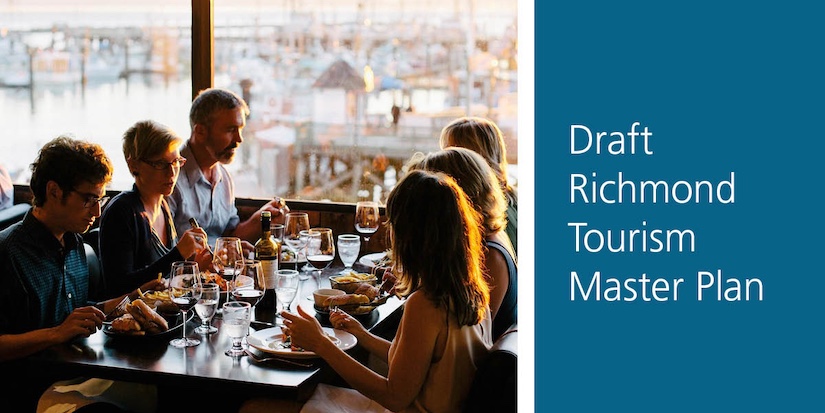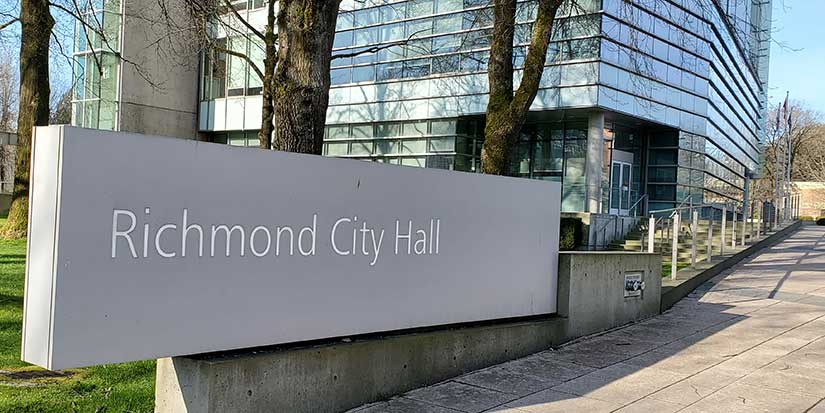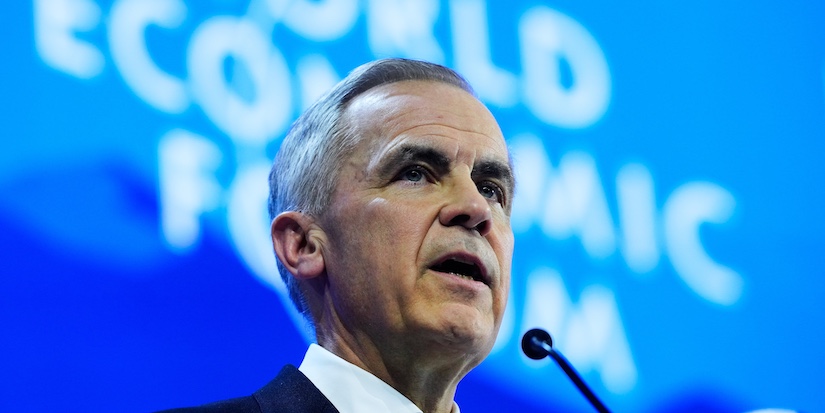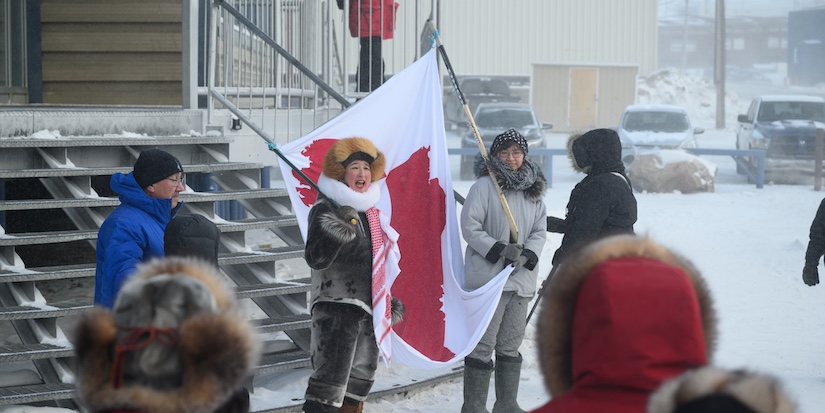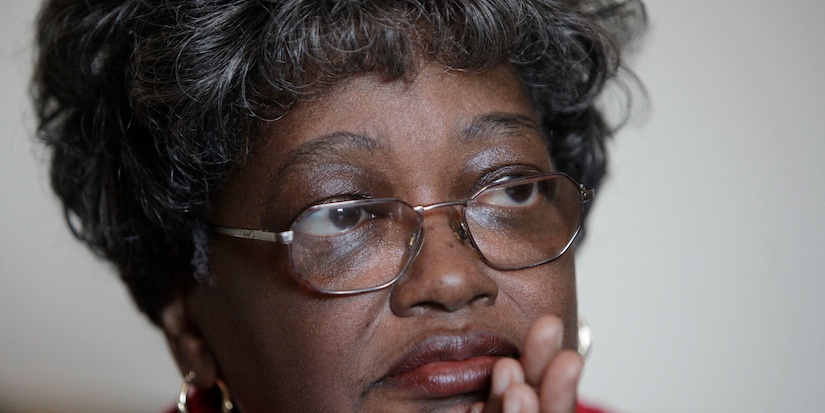National News
Tod Maffin talks openly about Canadian identity

By Jim Gordon and Leeta Liepins
Published 12:01 PDT, Fri October 24, 2025
—
Tod Maffin is a Canadian commentator, writer, and former national host and producer at CBC Radio. He is now dedicating his time to being a spokesperson on Canadian culture at a notable time in history. He describes himself as somebody who talks openly about Canadian identity, politics, culture and history at a time that he believes a lot of people want to address these issues.
OCT: We came across your commentary quite by accident and discovered you are very popular throughout the different social media platforms. Tell us a little about the evolution of your growing popularity and your current project that you are passionate about.
TM: When the push to “Buy Canadian” started happening after the tariffs were introduced to Canada, I began making videos to help explain the difference between Made in Canada versus Product of Canada. I talked about how we should be boycotting American products and one of the things that surprised me is that there were a lot of Americans showing up in the comments of those videos that supported this point of view. I had comments that ranged from we support this or please boycott the U.S. It is a bit of a joke actually because one day in February I was sitting at my computer and I decided to make this somewhat flippant video that started out by saying “if Americans really support Canada and our economy, why don’t you come up here to Vancouver Island, in particular to Nanaimo where I live, and spend a weekend here.” I went on to say that “we will pick a weekend and everyone can come shop in our stores and eat in our restaurants.”
Hundreds of Americans took my wife and I up on that offer and showed up on that weekend in late April. One of the things that came out of that weekend was that there were a lot of healthcare workers that used this as a chance to look around Vancouver Island and see what it was like potentially for them to live and work here. So that’s what Jocelyn and I are doing on our evenings and weekends now is trying to help these people get the information they need to move to Canada. We think Vancouver Island is great but anywhere in BC or even Canada. We’d be happy with that.
OCT: How can we help you with this project without actually going to Vancouver Island and helping you in person?
TM: From speaking to a lot of Americans, I think one of the most important things we can do is listen. There is a great deal of fear in the United States right now for obvious reasons. You only have to look at what’s happening to see that we don’t have to do big things in Canada in order to support our American friends. We can listen, we can ask someone how they’re doing if we’re in a Facebook group. If you’re part of an online group and you know there are Americans within that group, ask them how they’re doing and ask them if there’s anything we can do to help. I think that goes a long way as well.
OCT: I love that you labeled yourself as an ‘Emotional Support Canadian’. Nowadays when you run into Americans that are travelling to Vancouver or anywhere in Canada, they’re very sheepish to tell us where they’re from. Most of us are very understanding and we get that they’re hurting. It is wonderful what you and your wife Jocelyn are doing, and I love that you’re on Vancouver Island. You’re residing in a smaller community, but you’re doing something very large and impactful. What do you see in the future for us as Canadians?
TM: Hopefully an influx of healthcare workers and more skilled labourers. We have a unique opportunity in Canada to offer that kind of opportunity. And I think it’s something everyone should step up and do. It’s also an opportunity with the people who will be coming to help them with what they need. Whether they need help with understanding the differences between the way that a lot of Americans run their day-to-day lives and the way a Canadian does. We don’t have a lot of expectations from people who move to Canada in a healthcare role or other jobs. Our only expectations would be that they ultimately support community, and we would expect that when citizenship is achieved, to vote and make their presence count. We also expect that newcomers will be relentlessly decent. And we don’t expect perfection in Canada, but we expect decency. I think if we can just communicate that to support your community with the common sense to just be good to your family and be good to your community, that is the message that they need to hear. Maybe we all need to hear that from time to time as well.
OCT: Can you tell us what our government is doing right now to encourage healthcare workers to move here to BC or Canada?
TM: I think they’re doing a lot. All the provinces have really stepped up, especially BC which has something like 1,400 American healthcare workers wanting to come here in the last couple of months. The provinces have stepped up and it’s great to see BC is putting out slightly cheeky ads in the United States. I really feel that the system has stepped up to support this project. I’m hoping that other community groups, like the one that Jocelyn and I are helping with (Nanaimo Healthcare Infusion), will also step up and support grass roots organizations. The website that we set up is going to be hopefully be used as a template when we will release it publicly so that other communities can just click on it and it’ll populate. This way they can just insert their community’s name and participate along with other communities across Canada.
OCT: How can people follow you and contribute to your project?
TM: Subscribing to the free newsletter is the easiest way to get involved. FarAndWide.news
